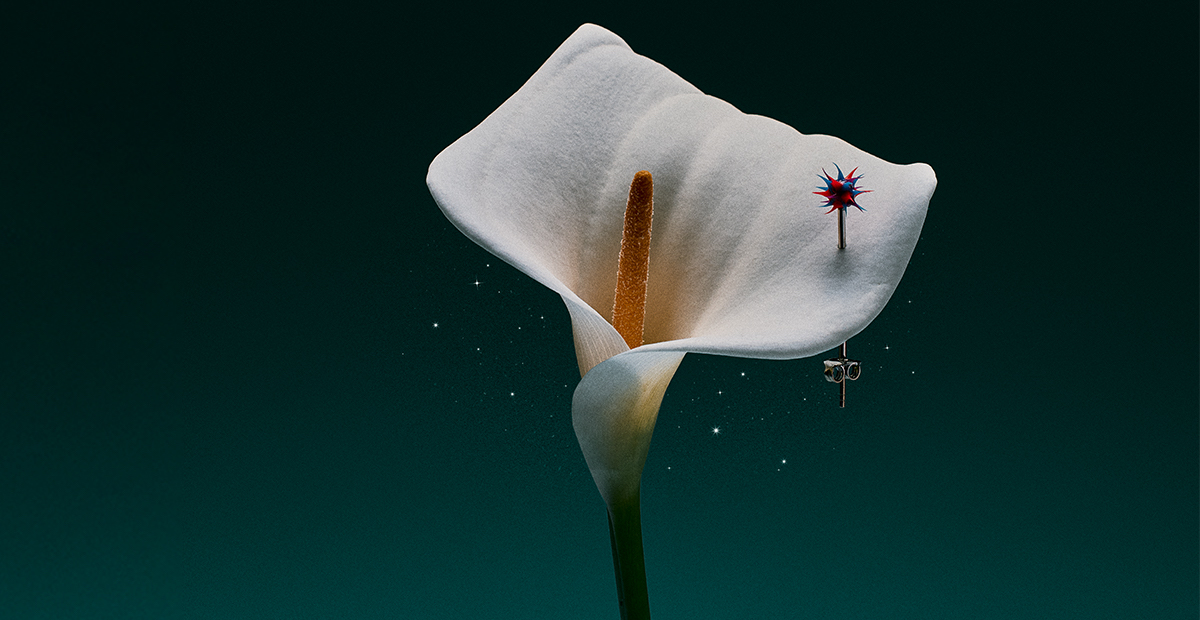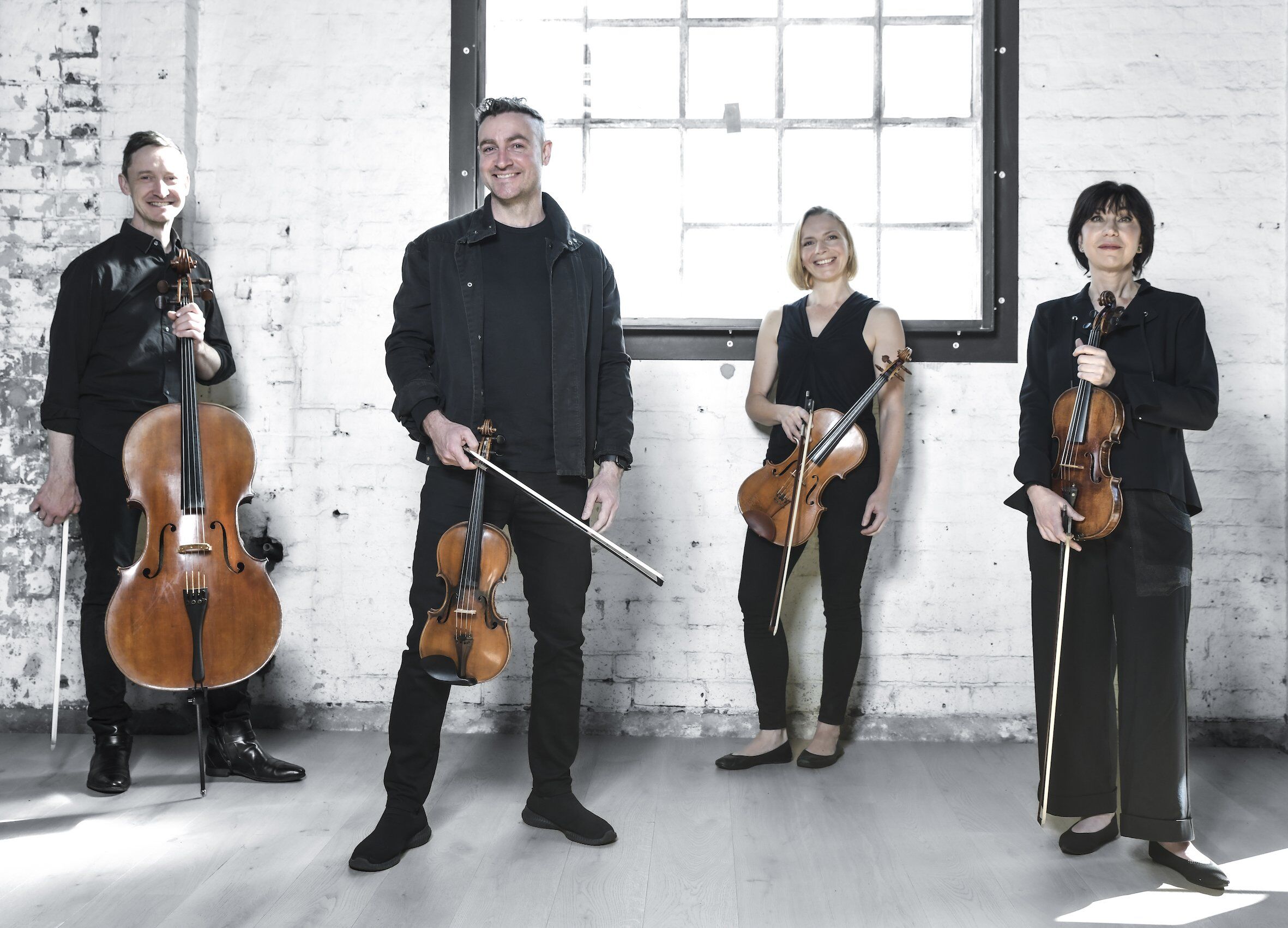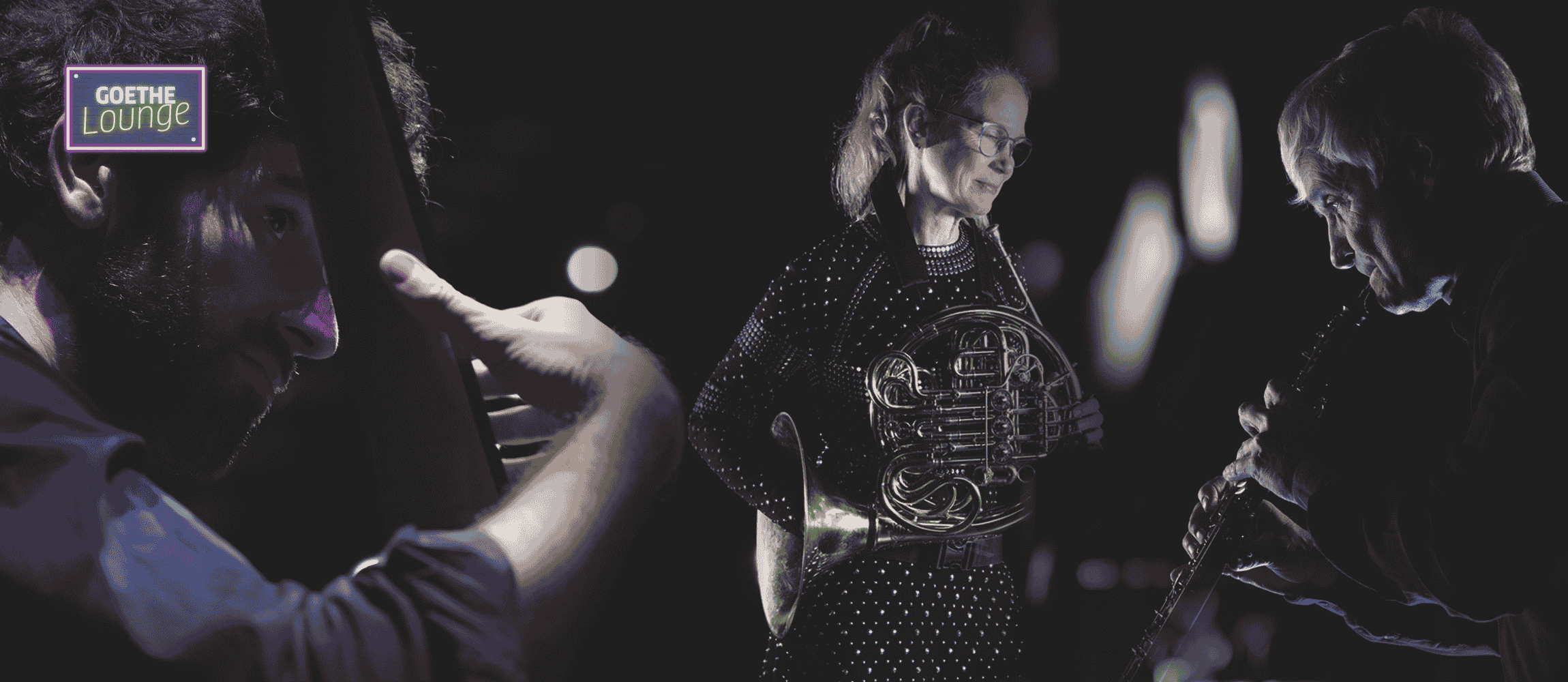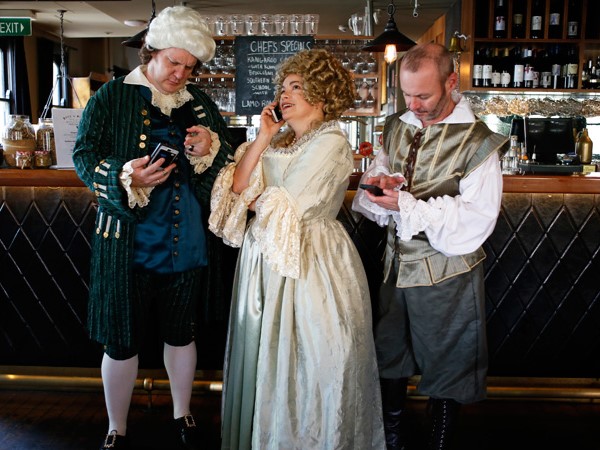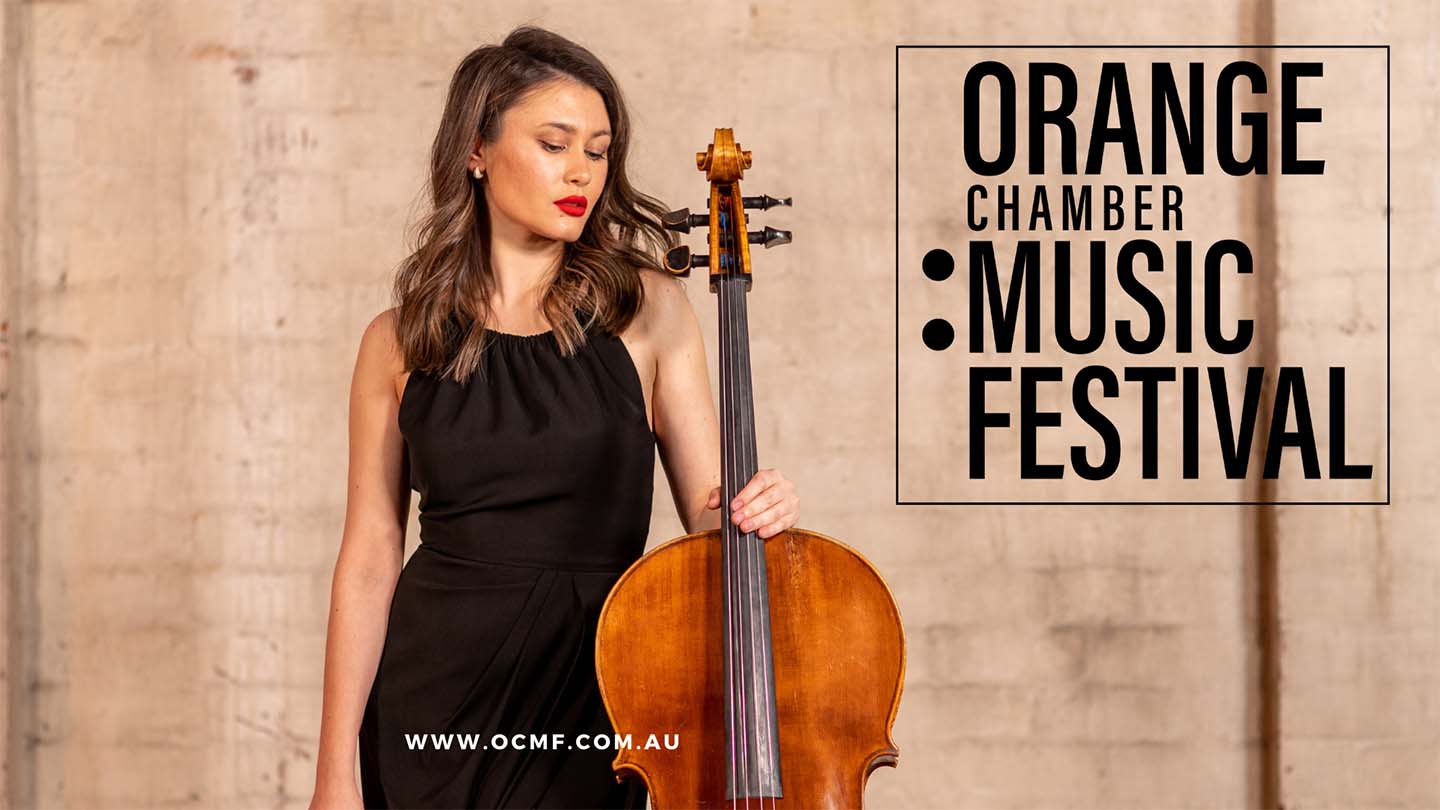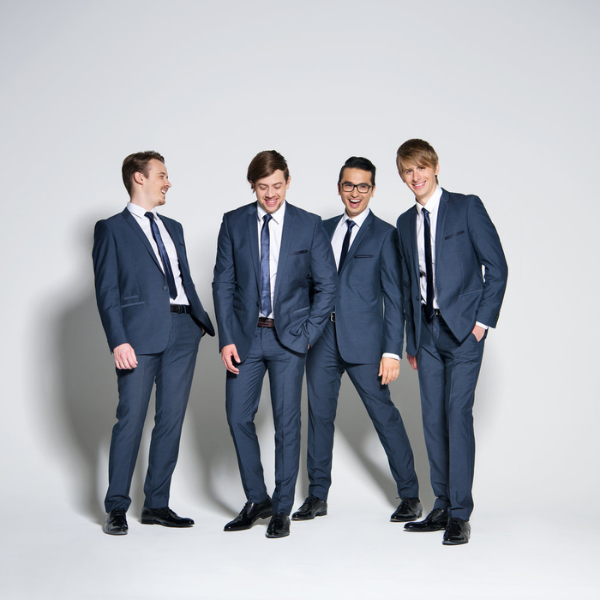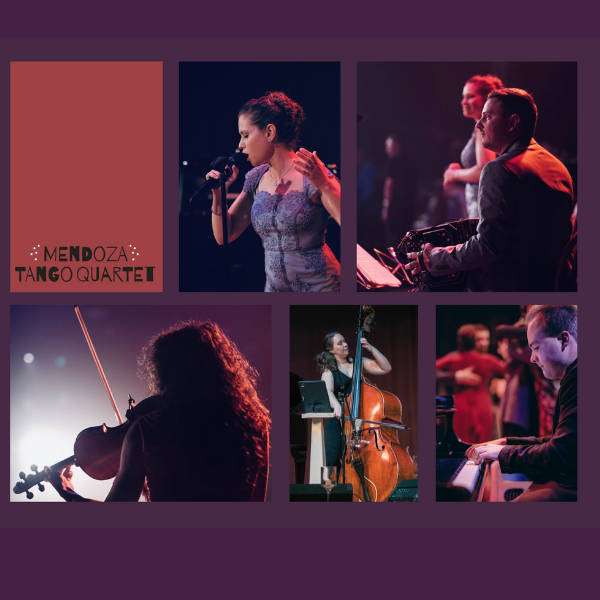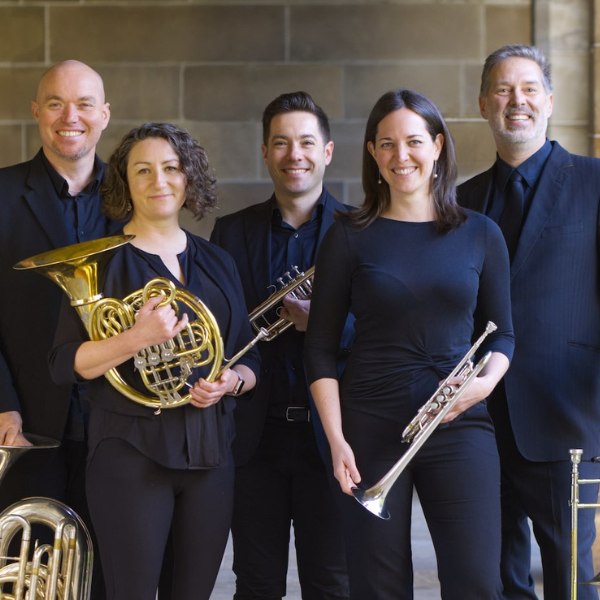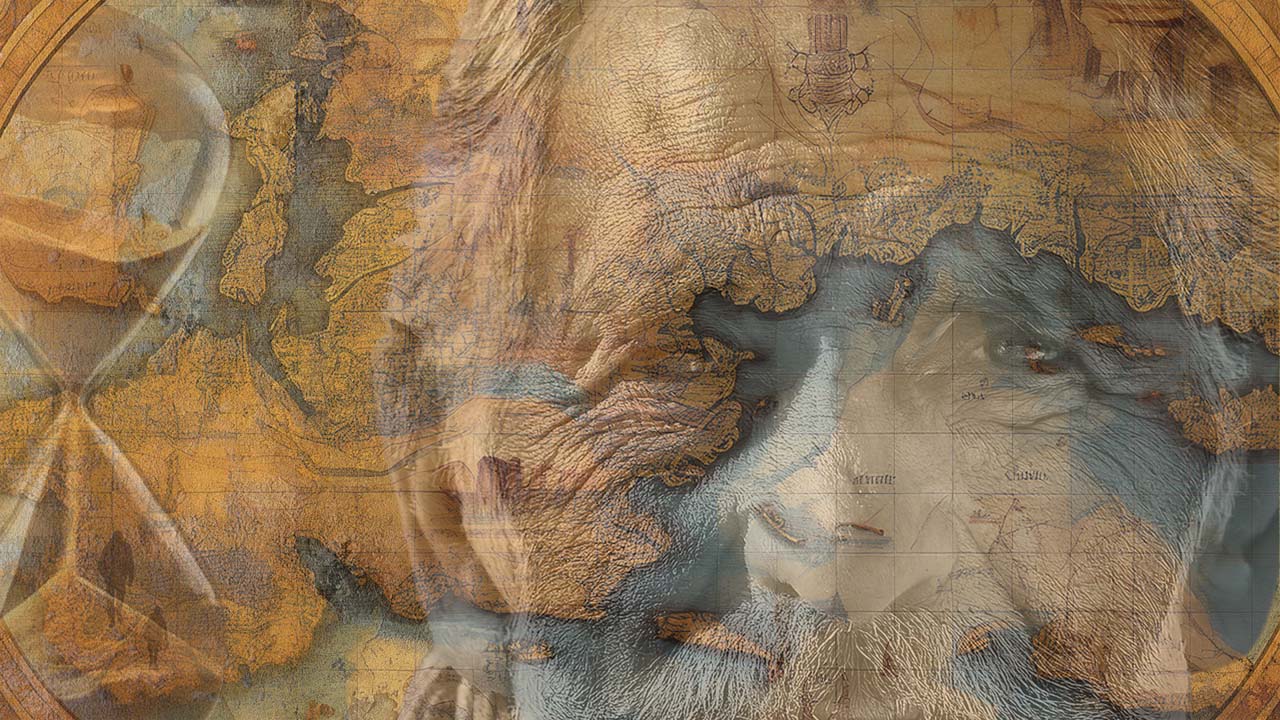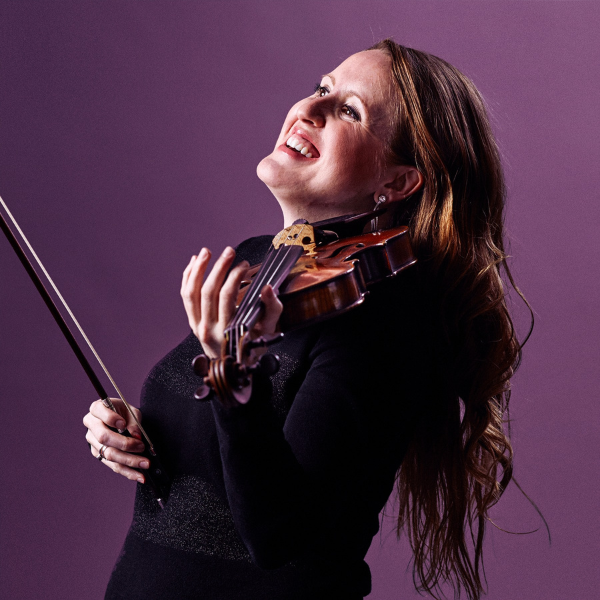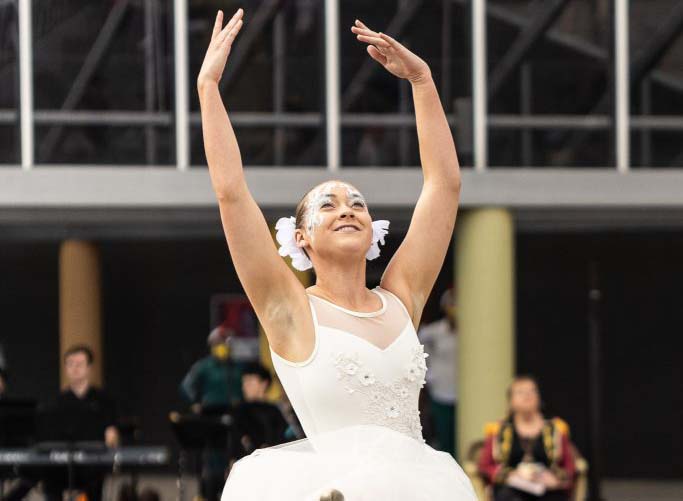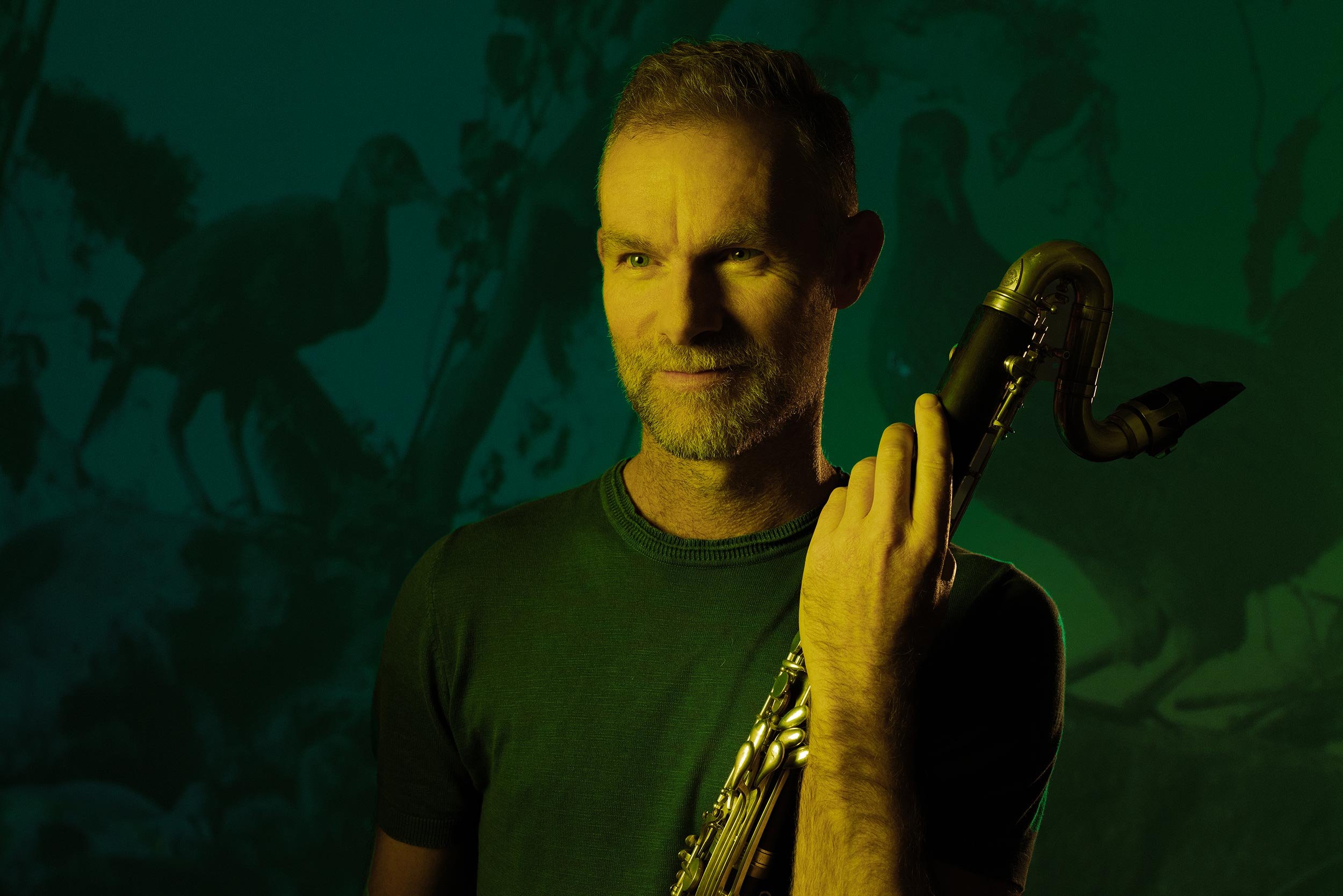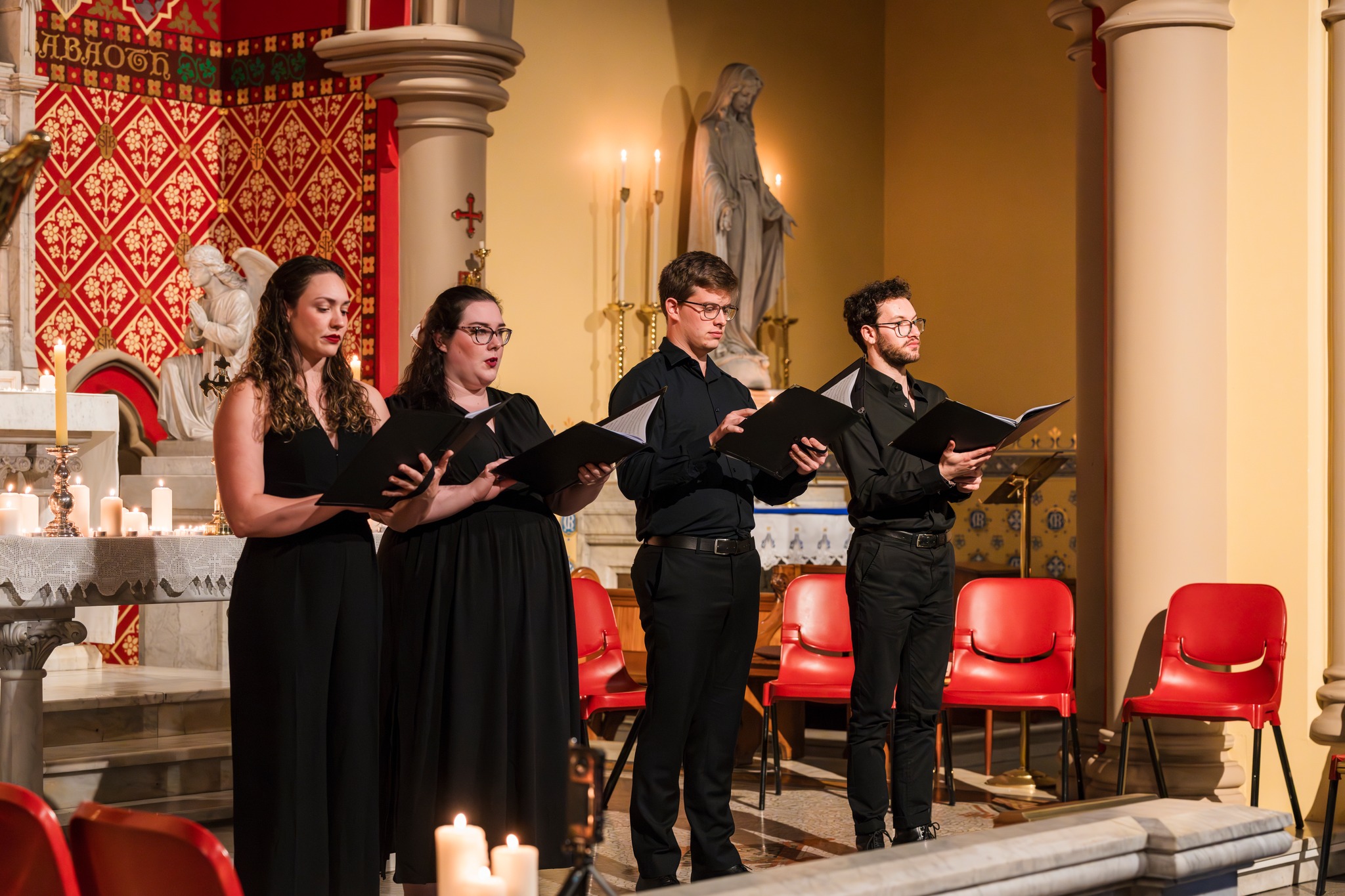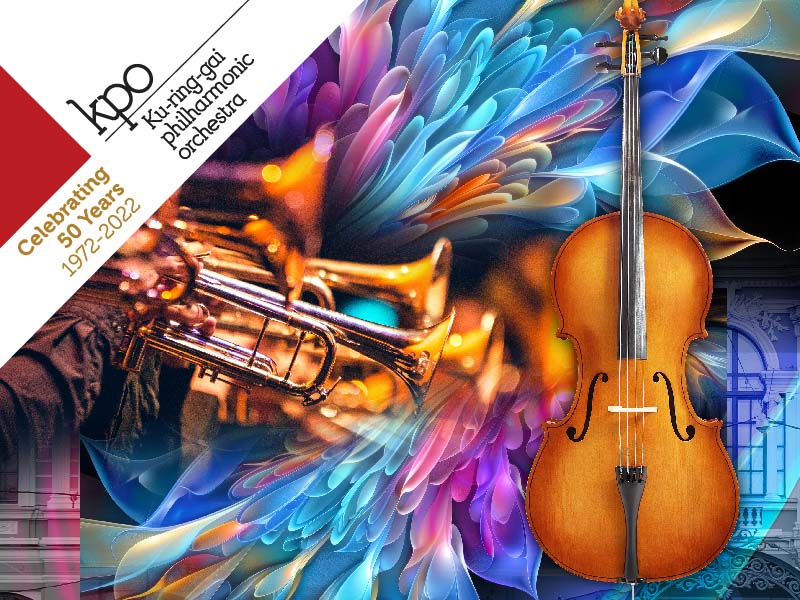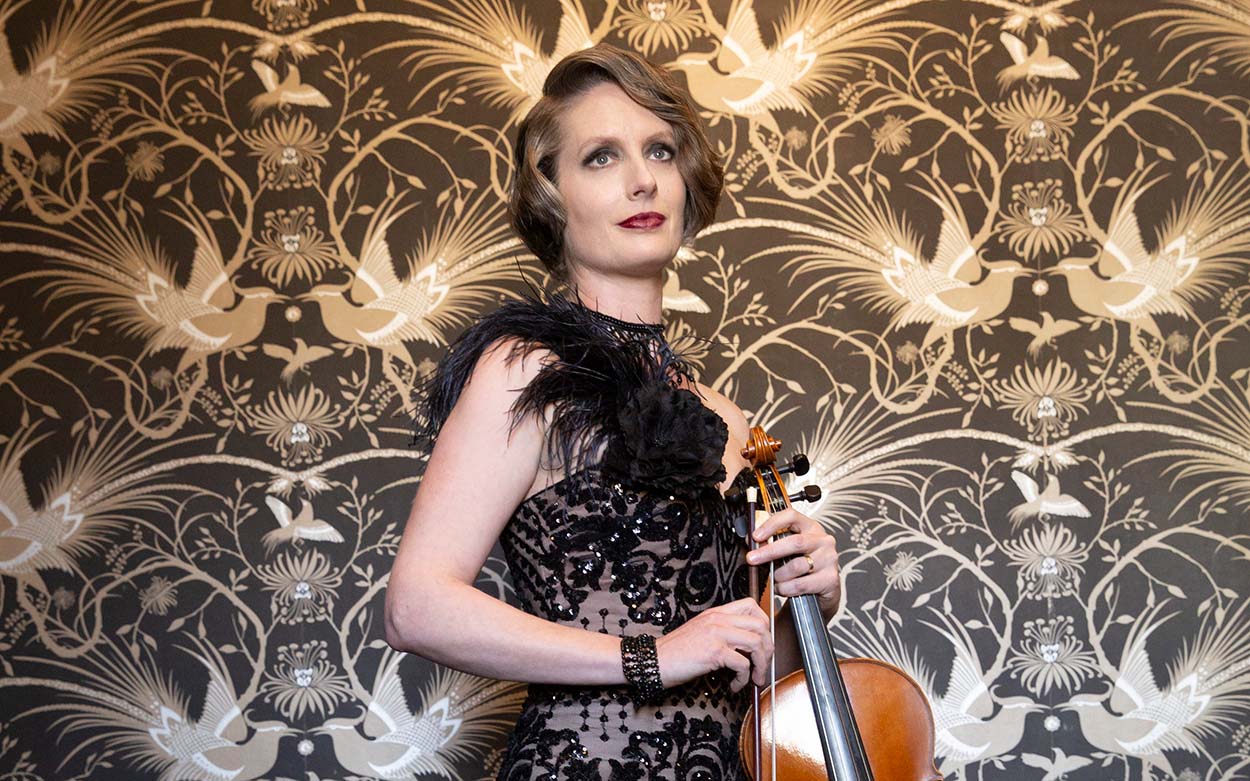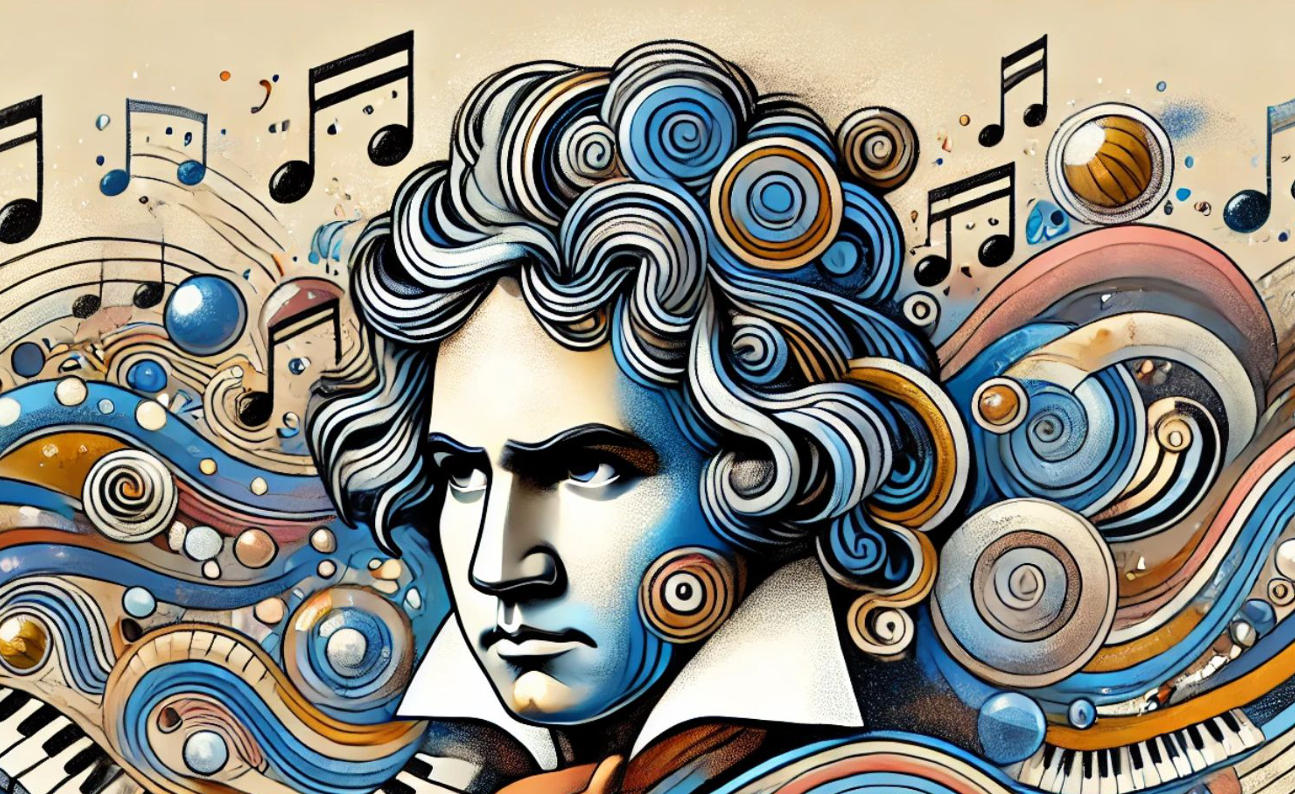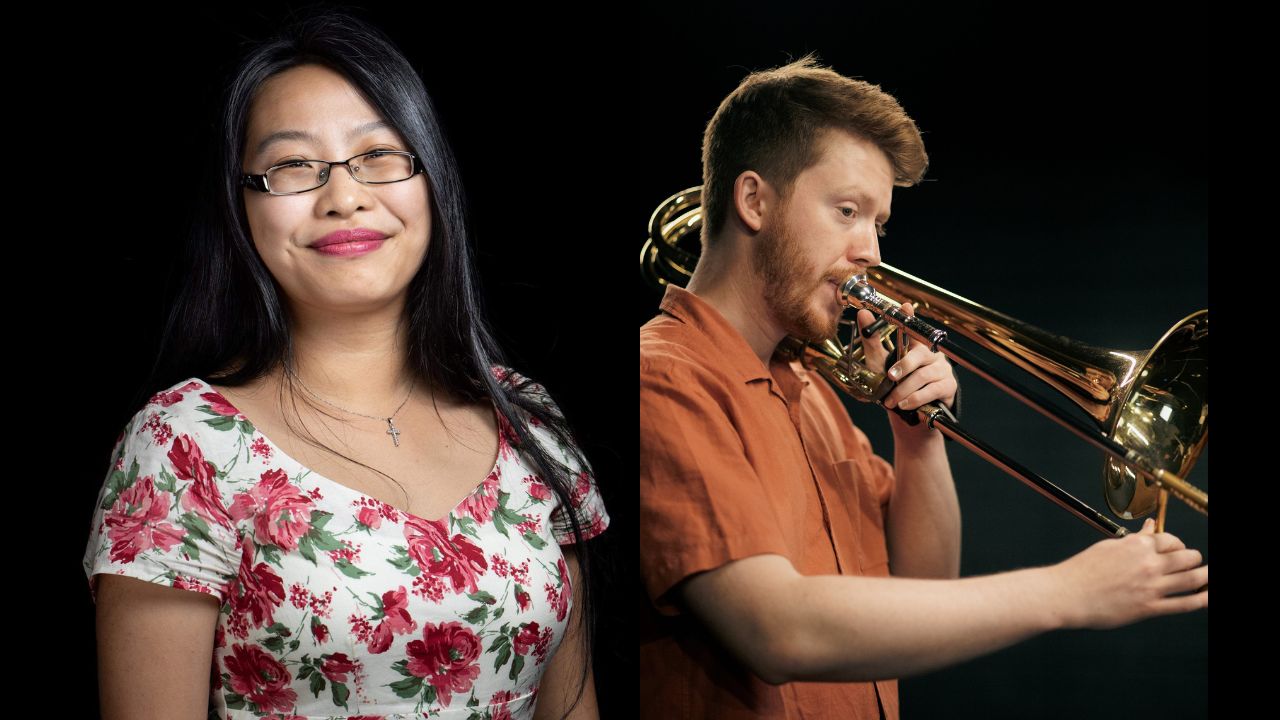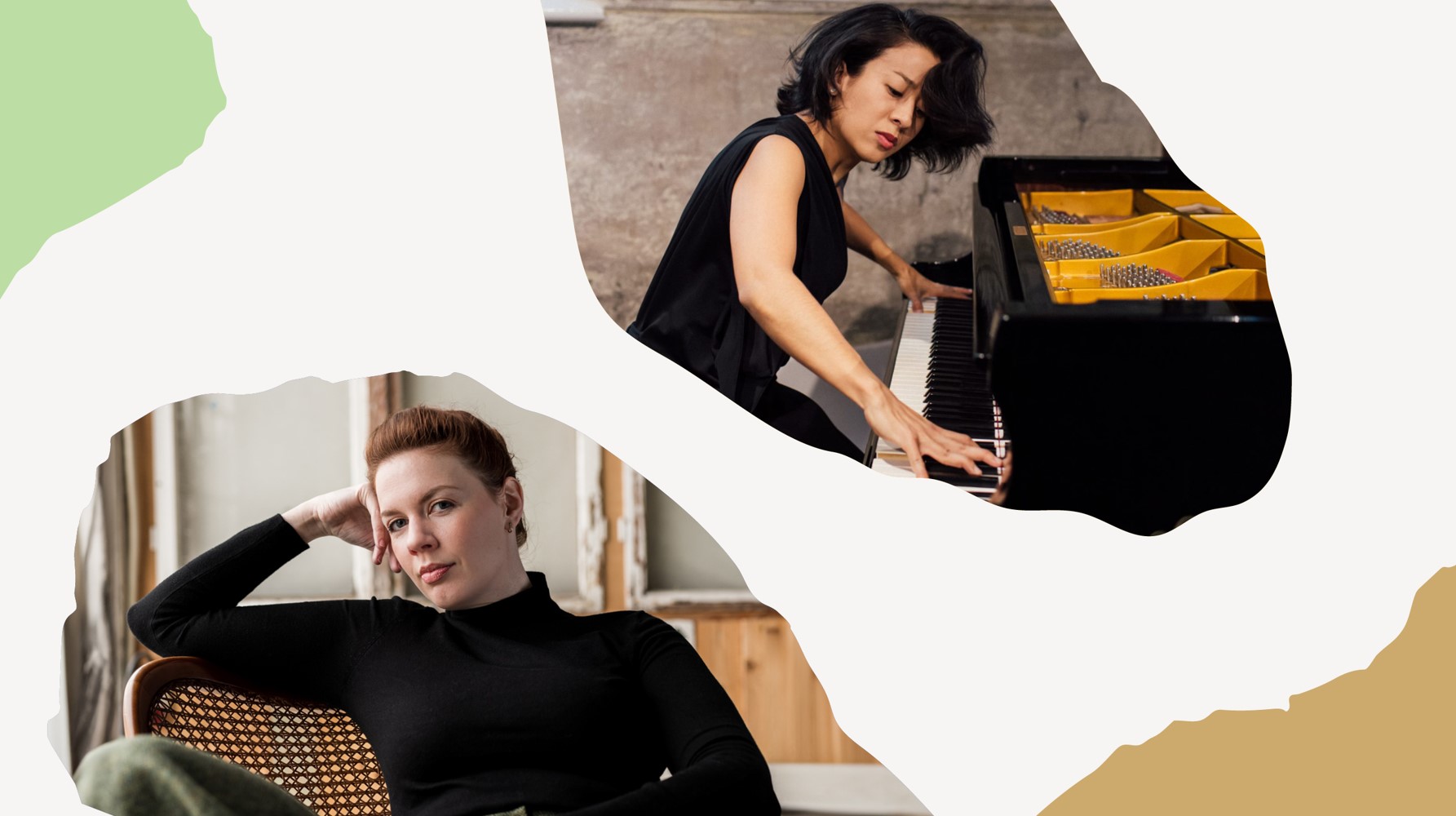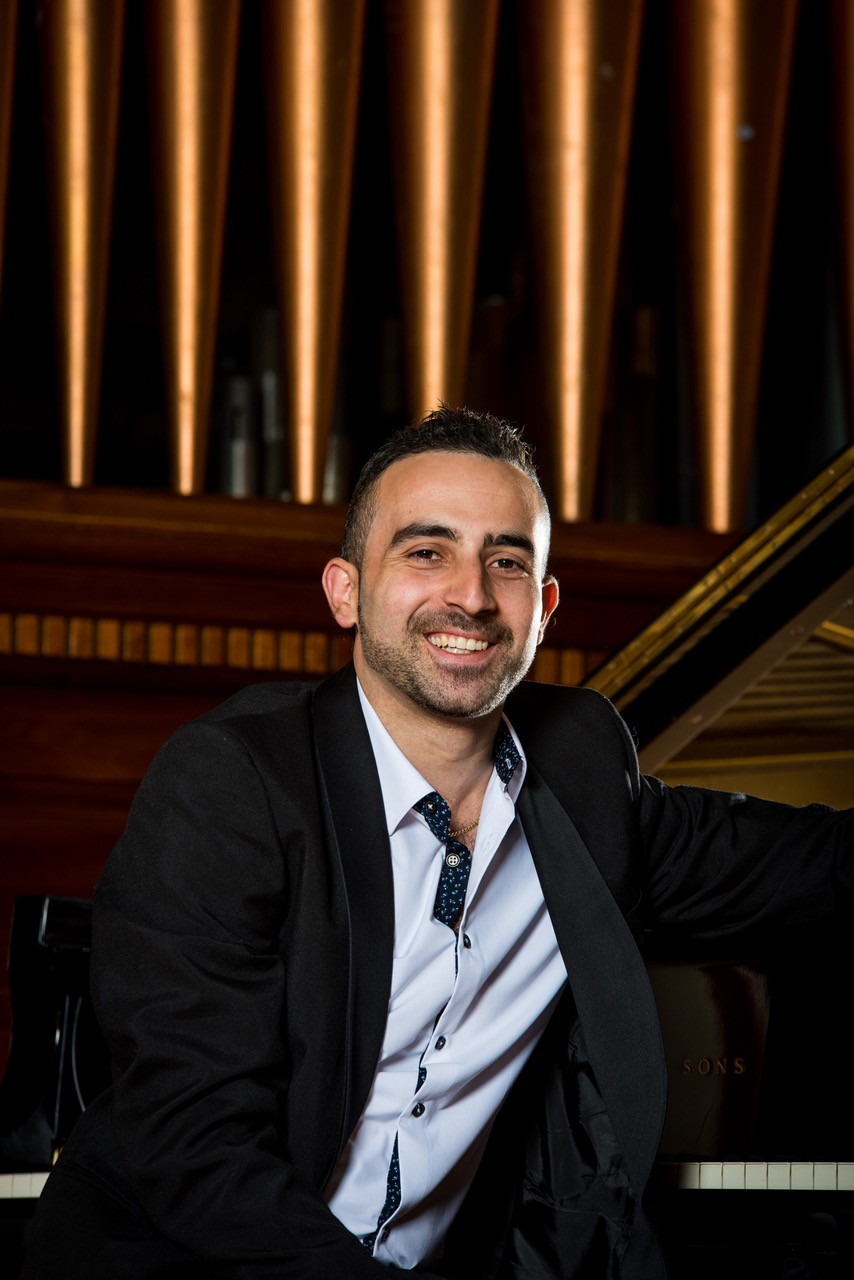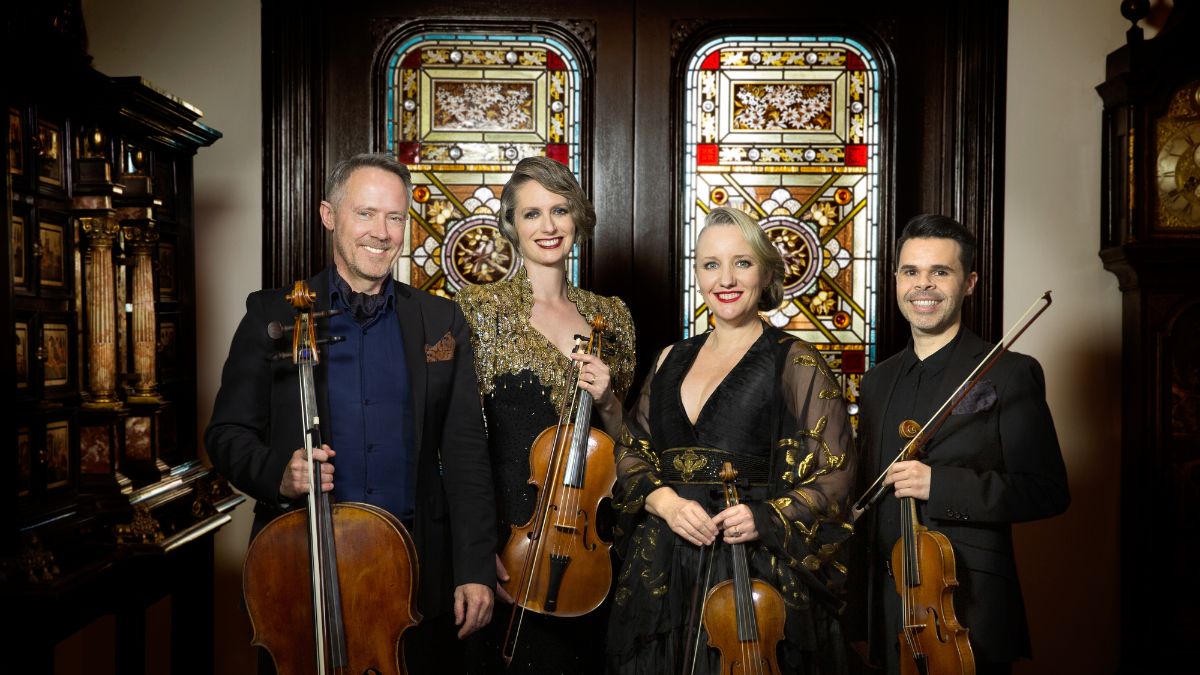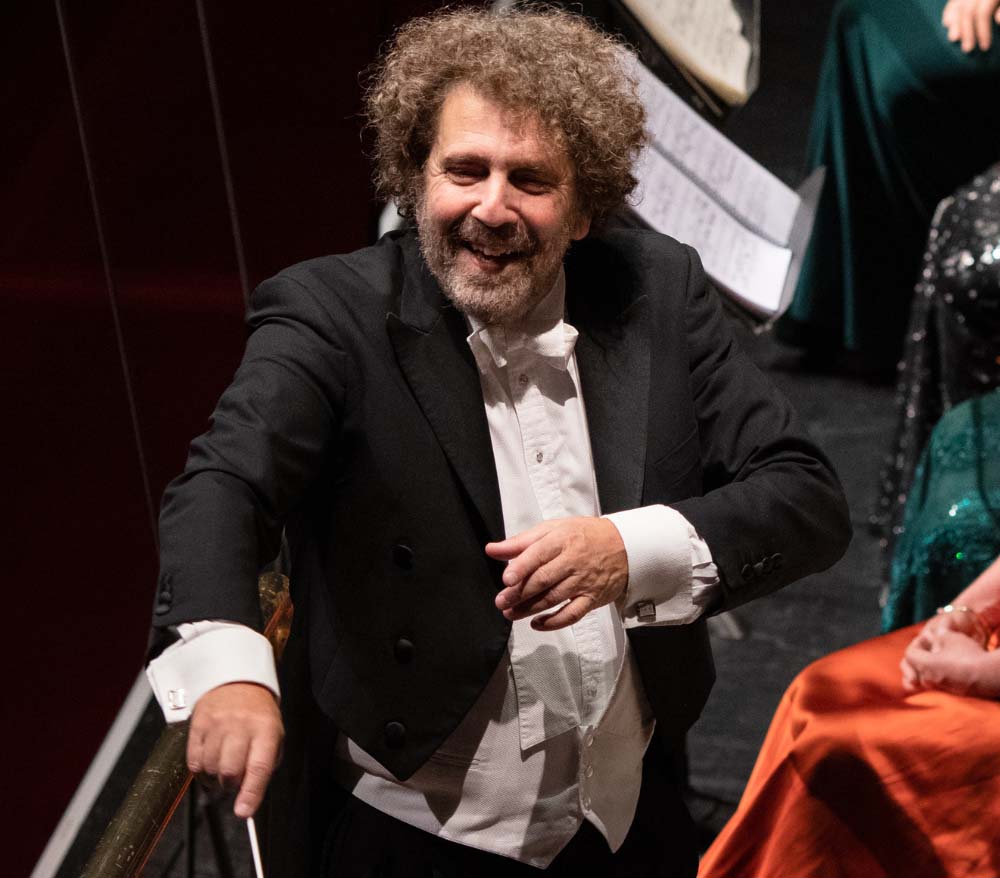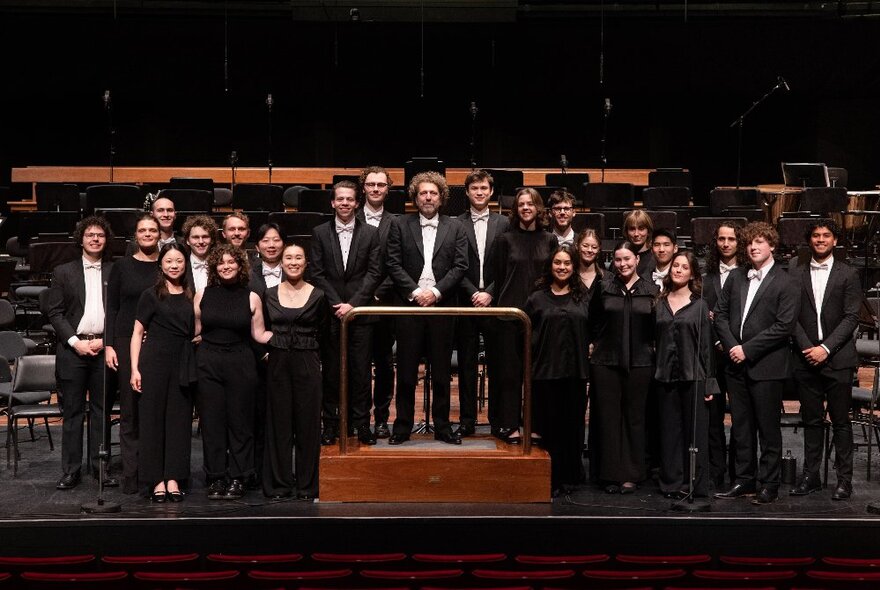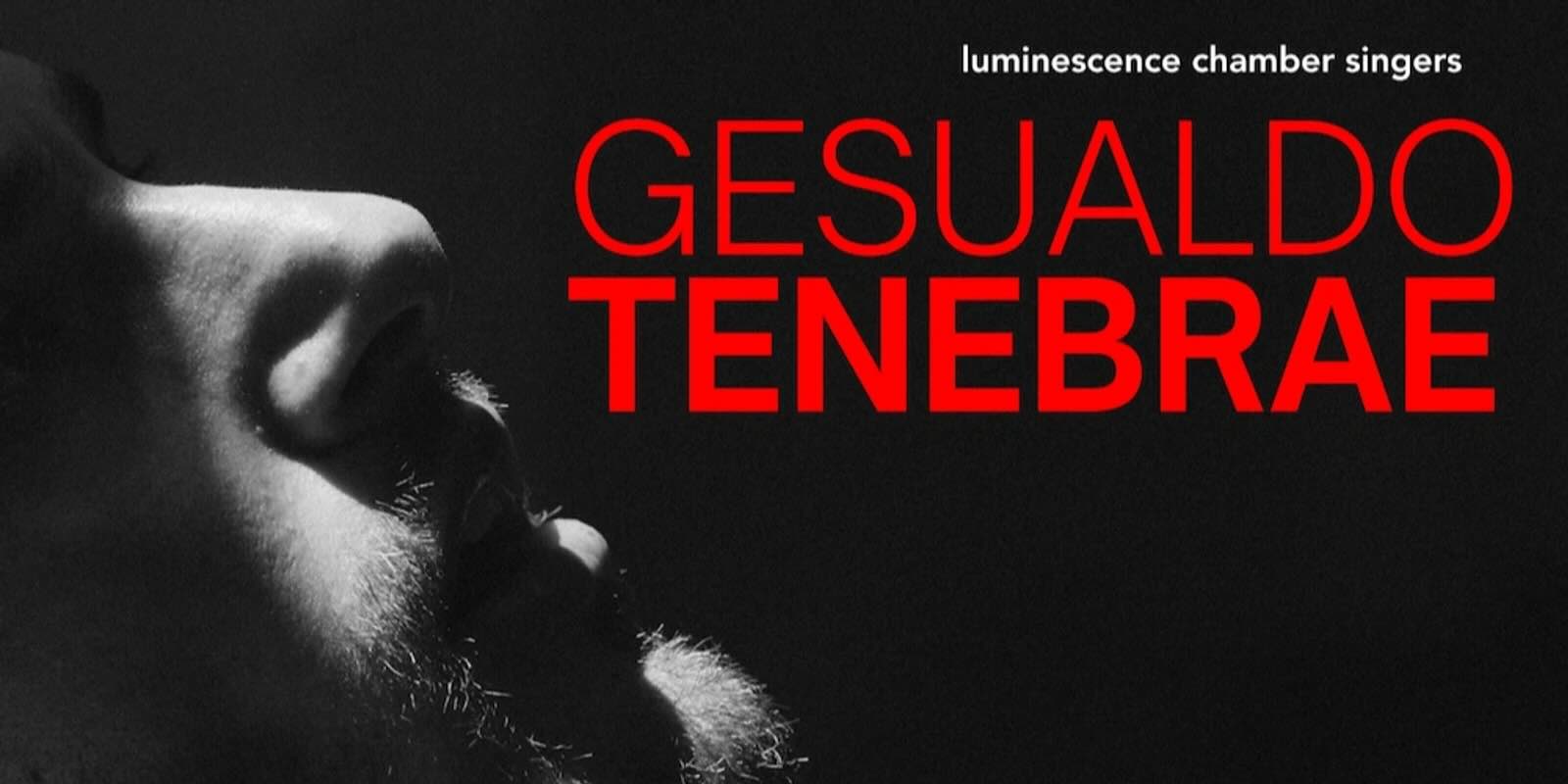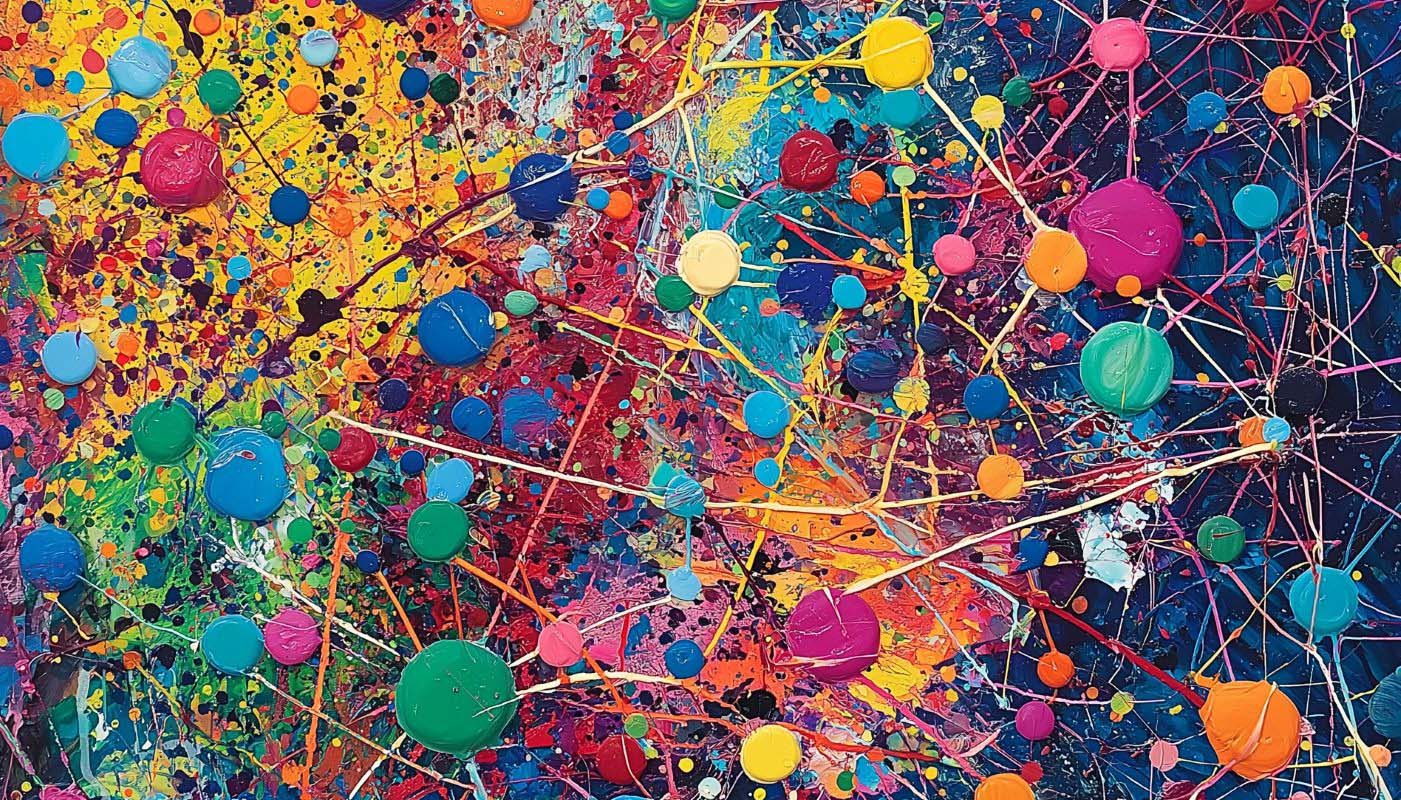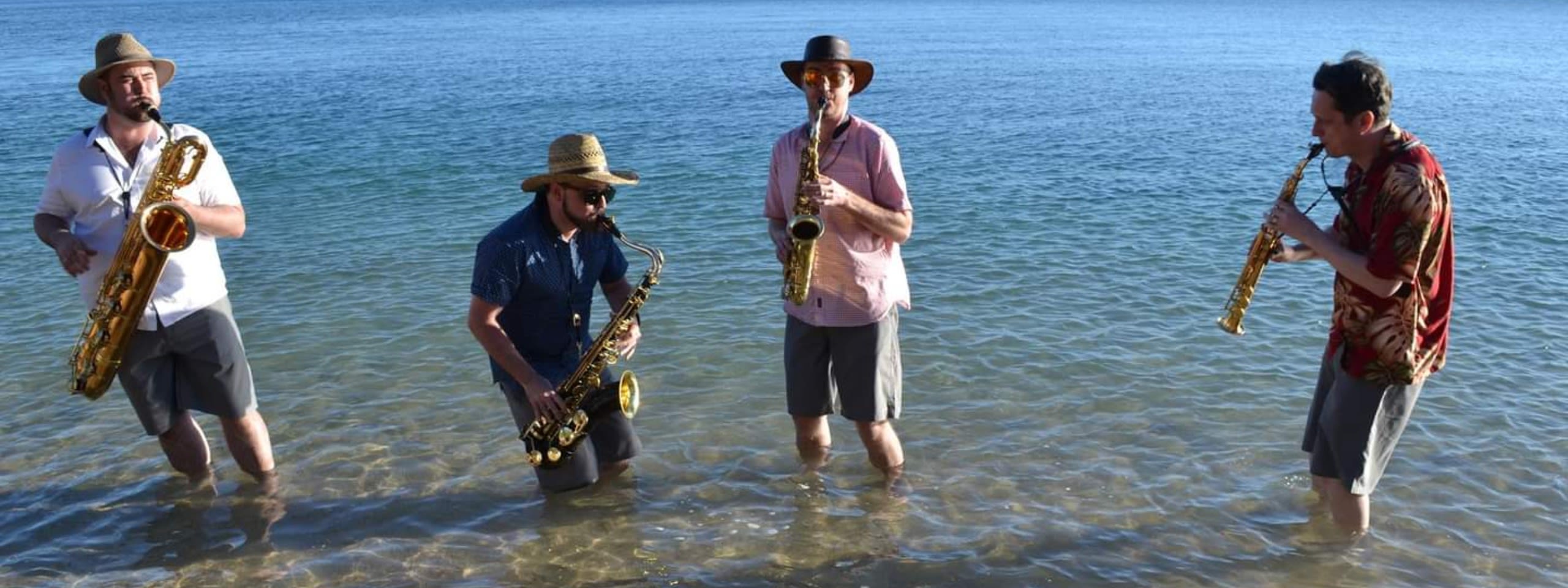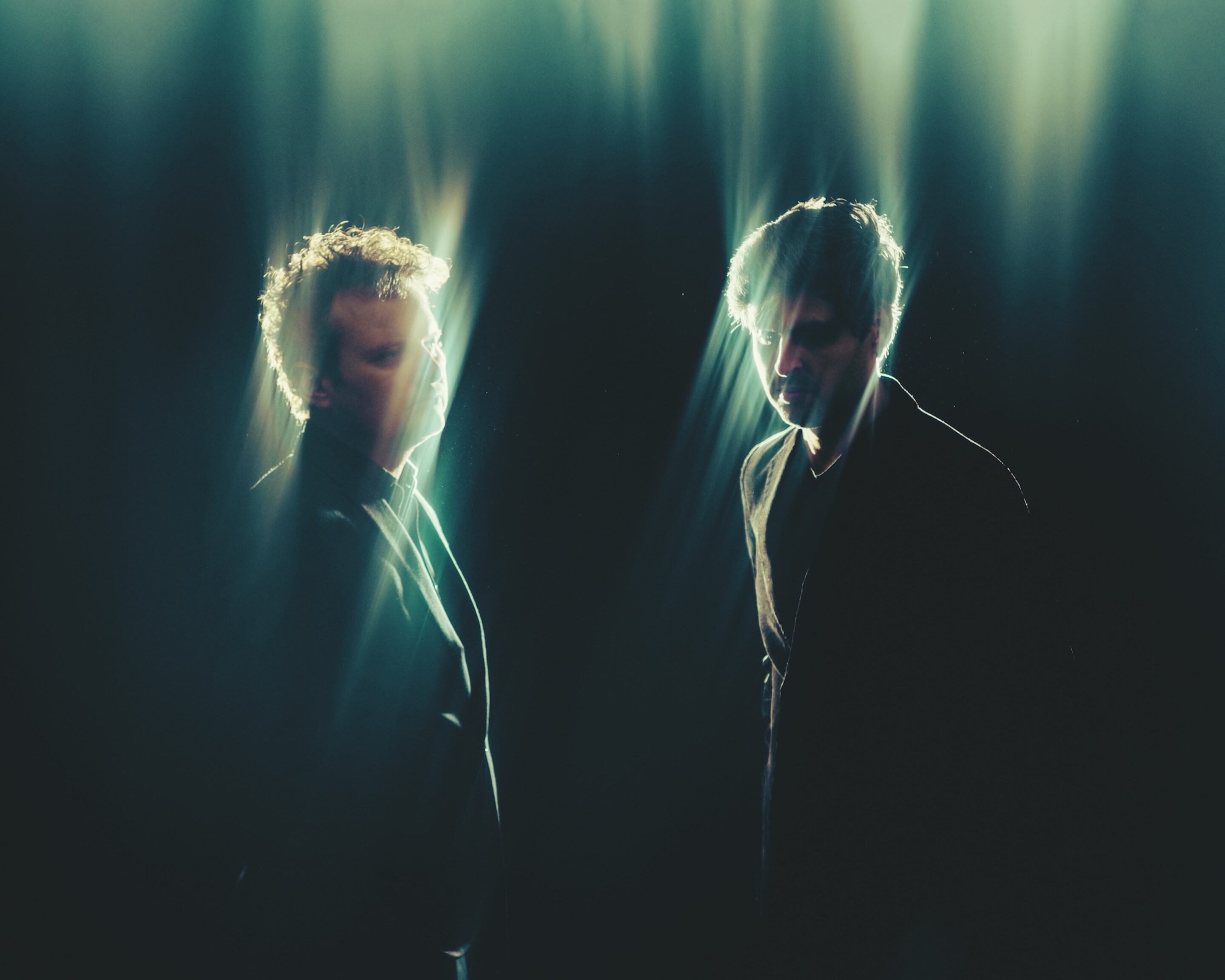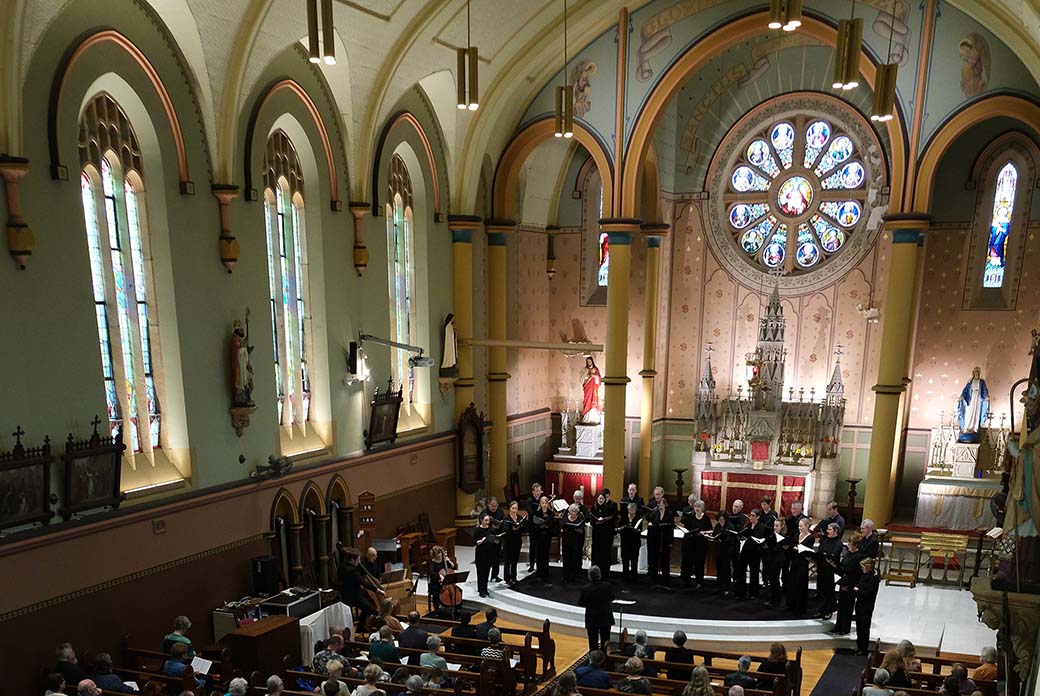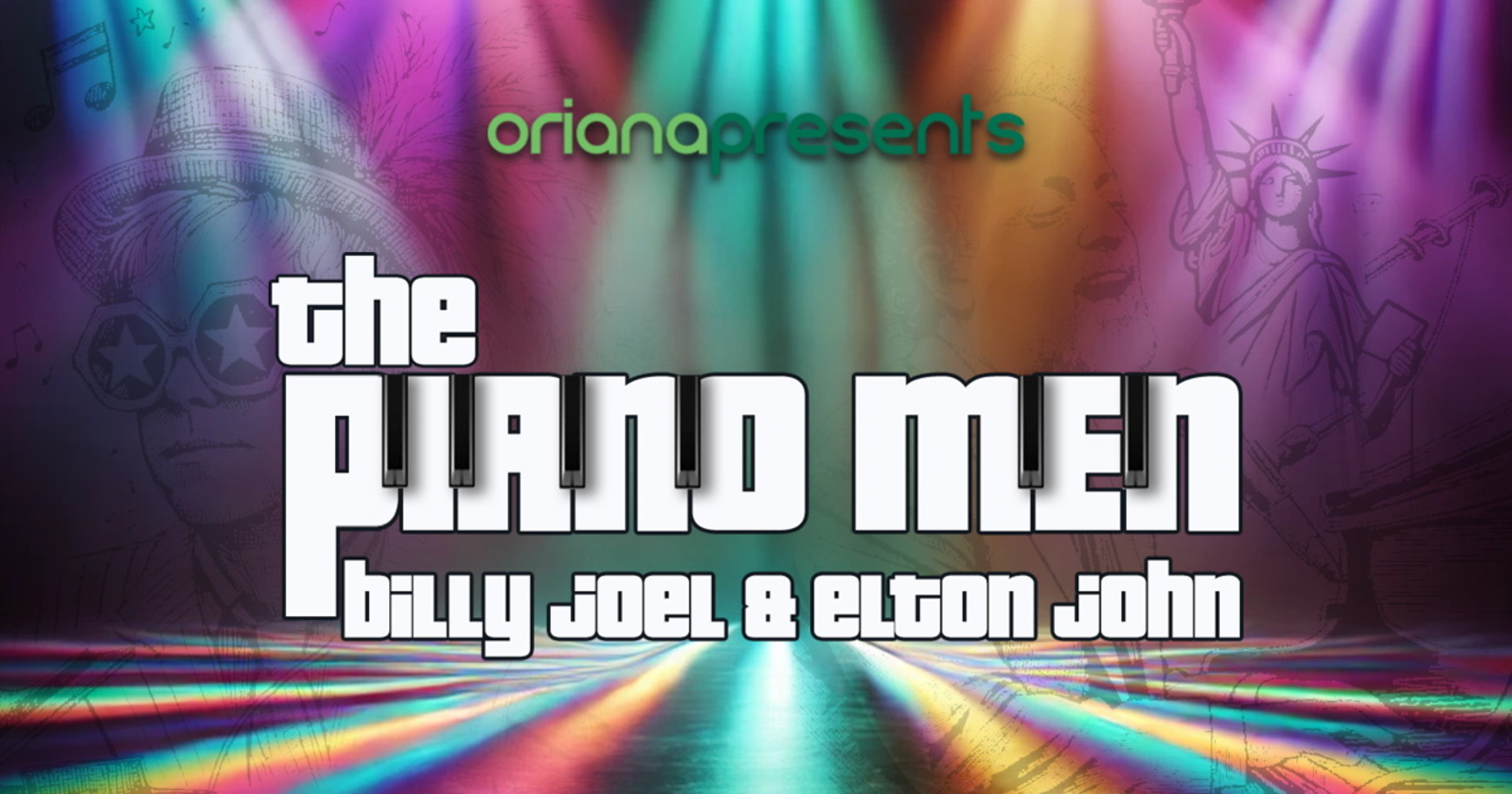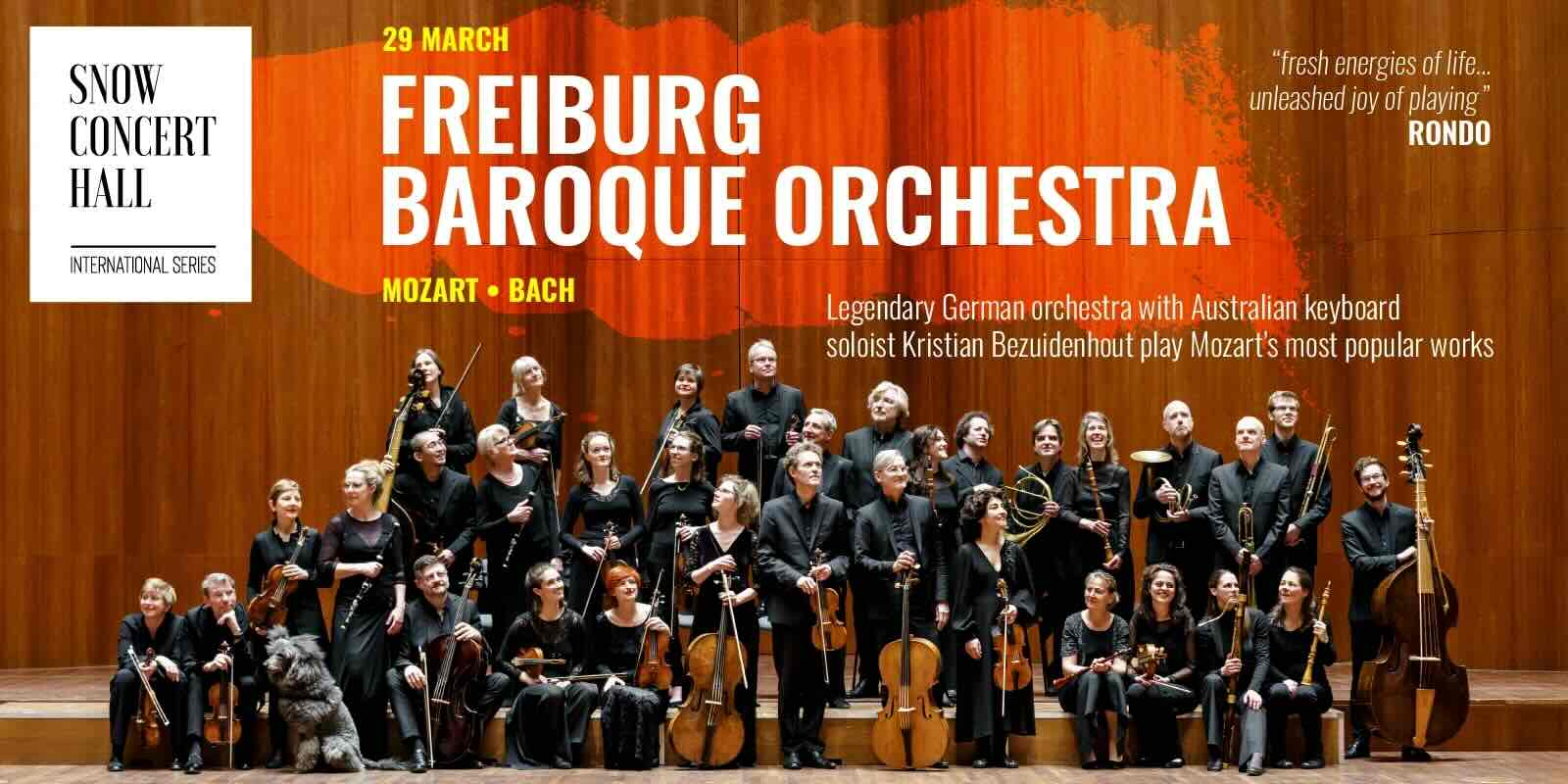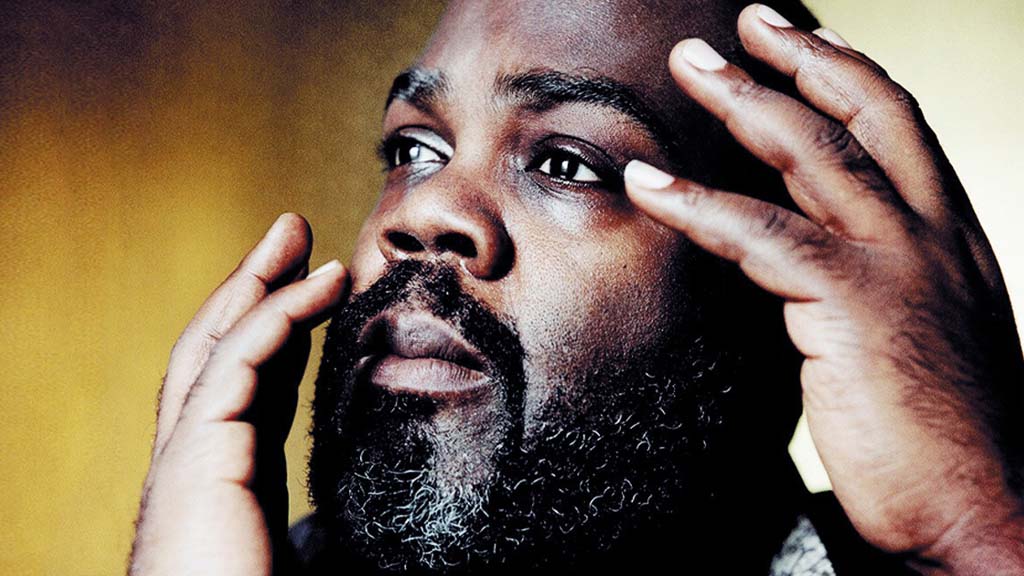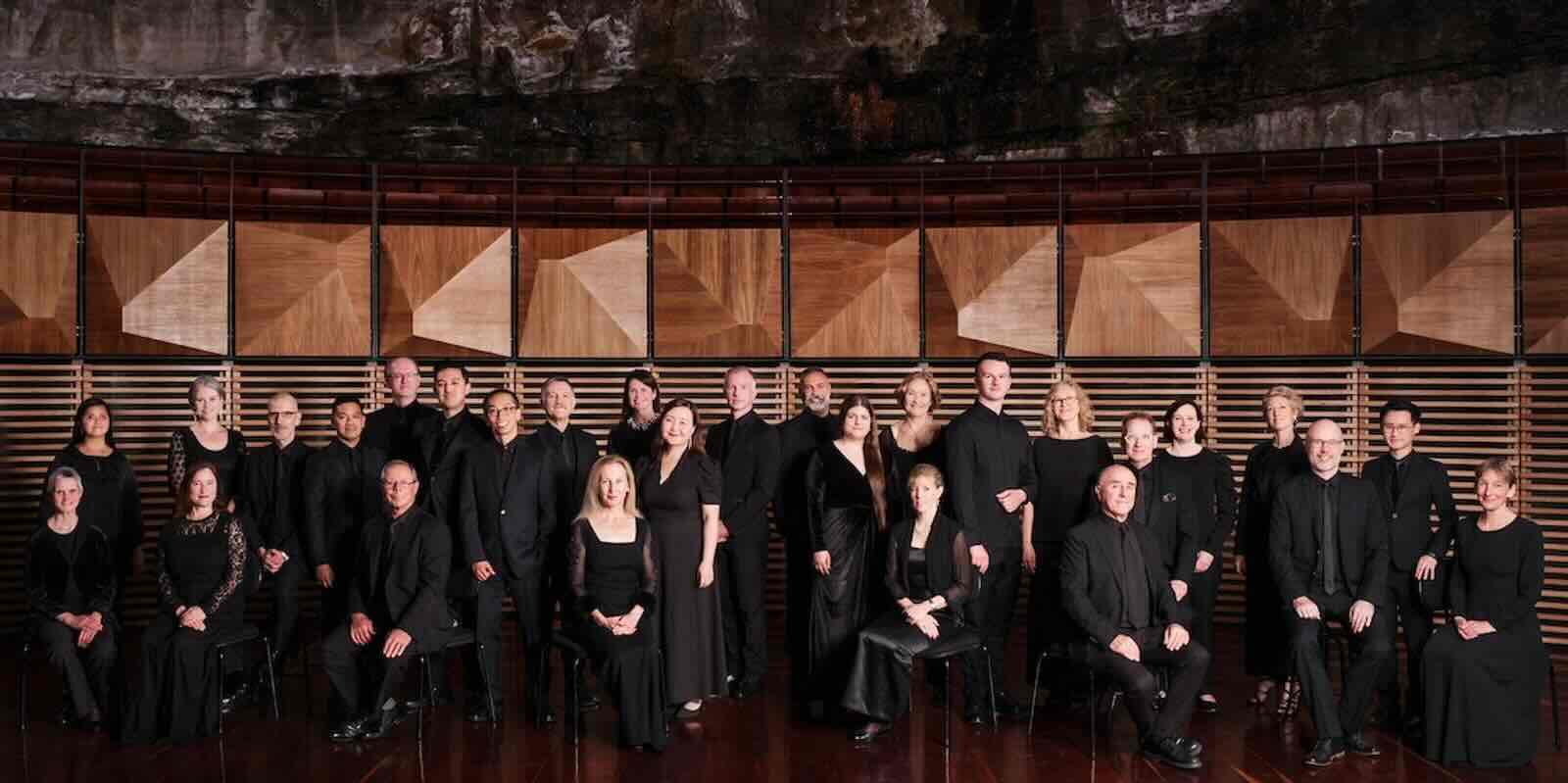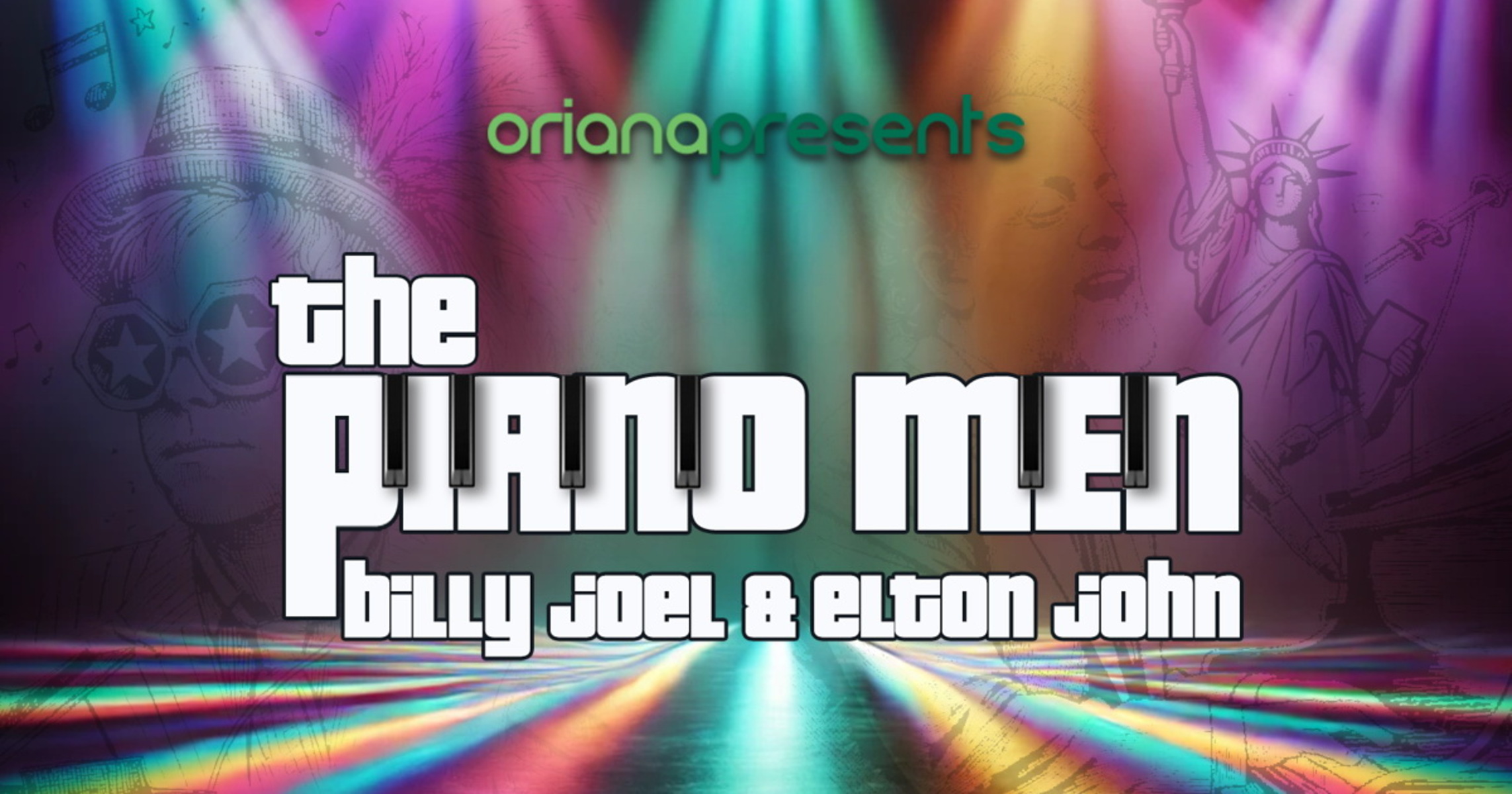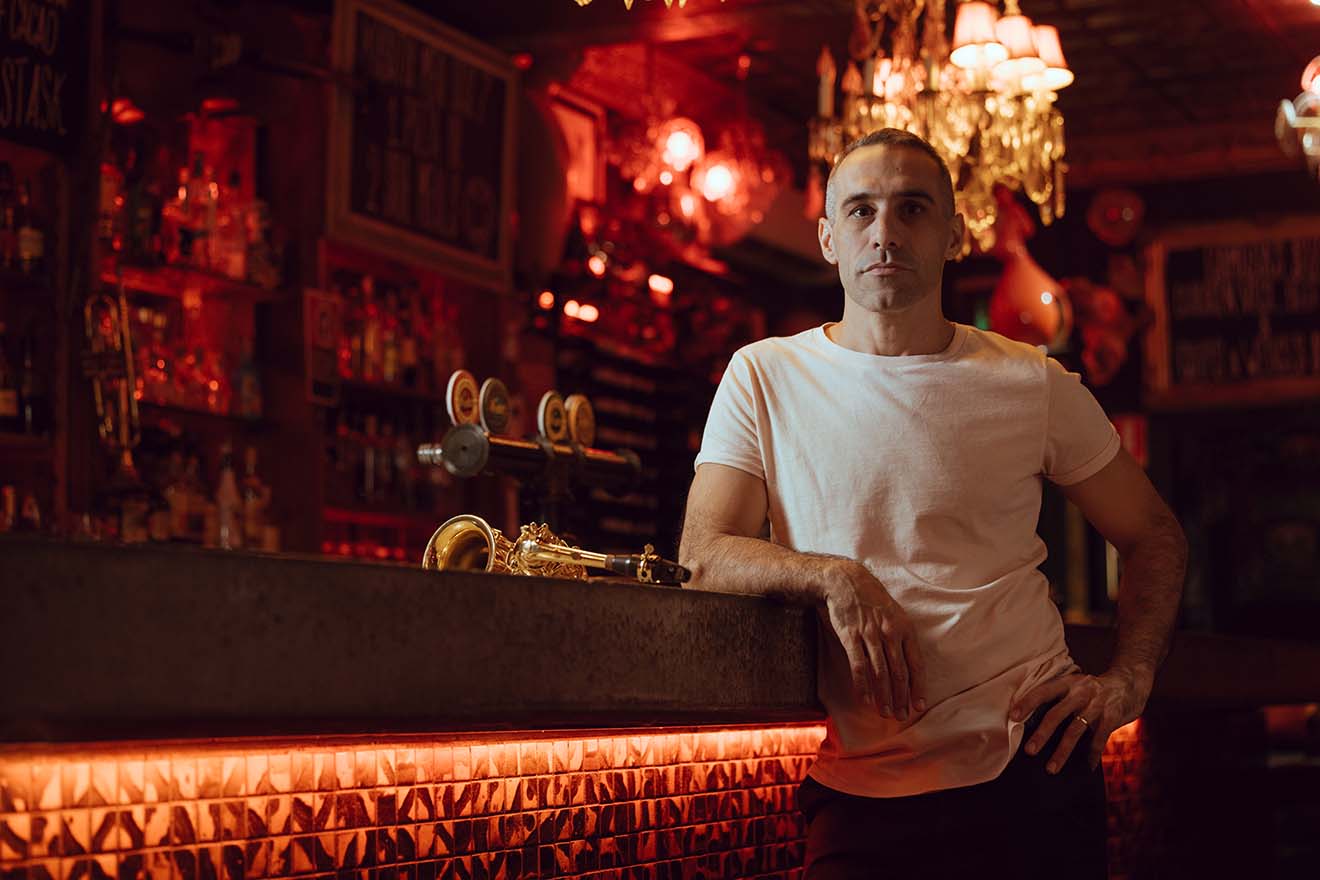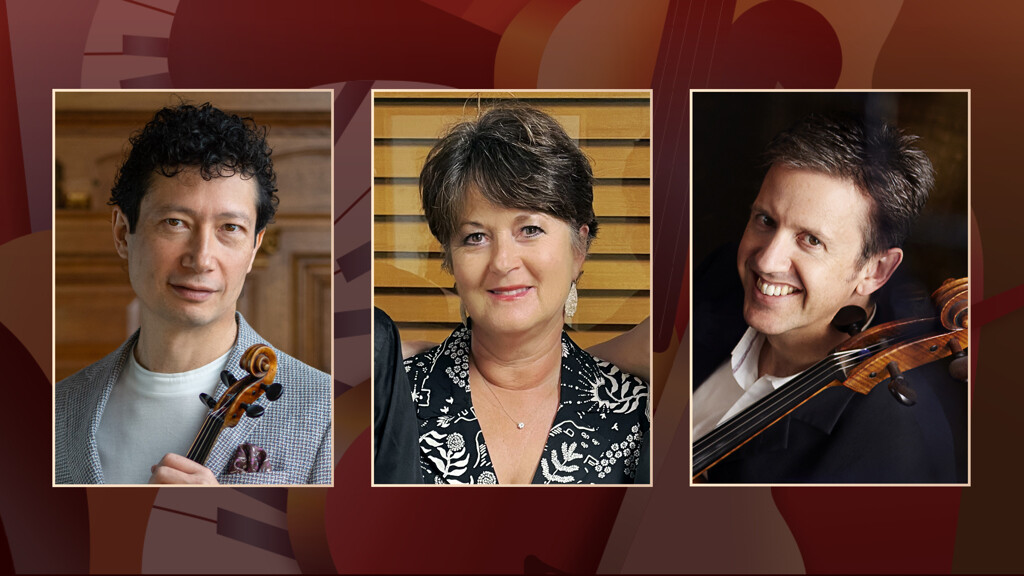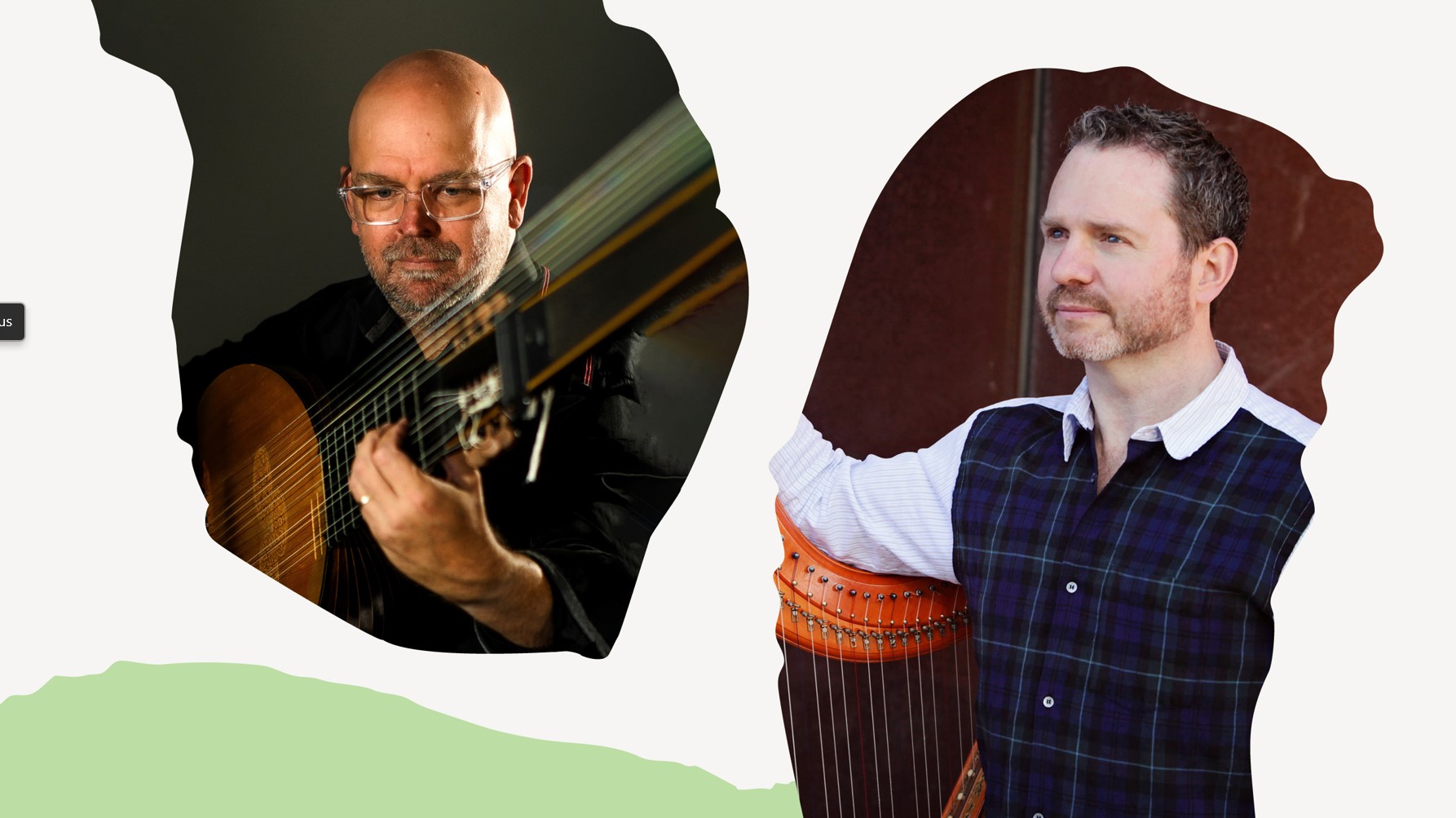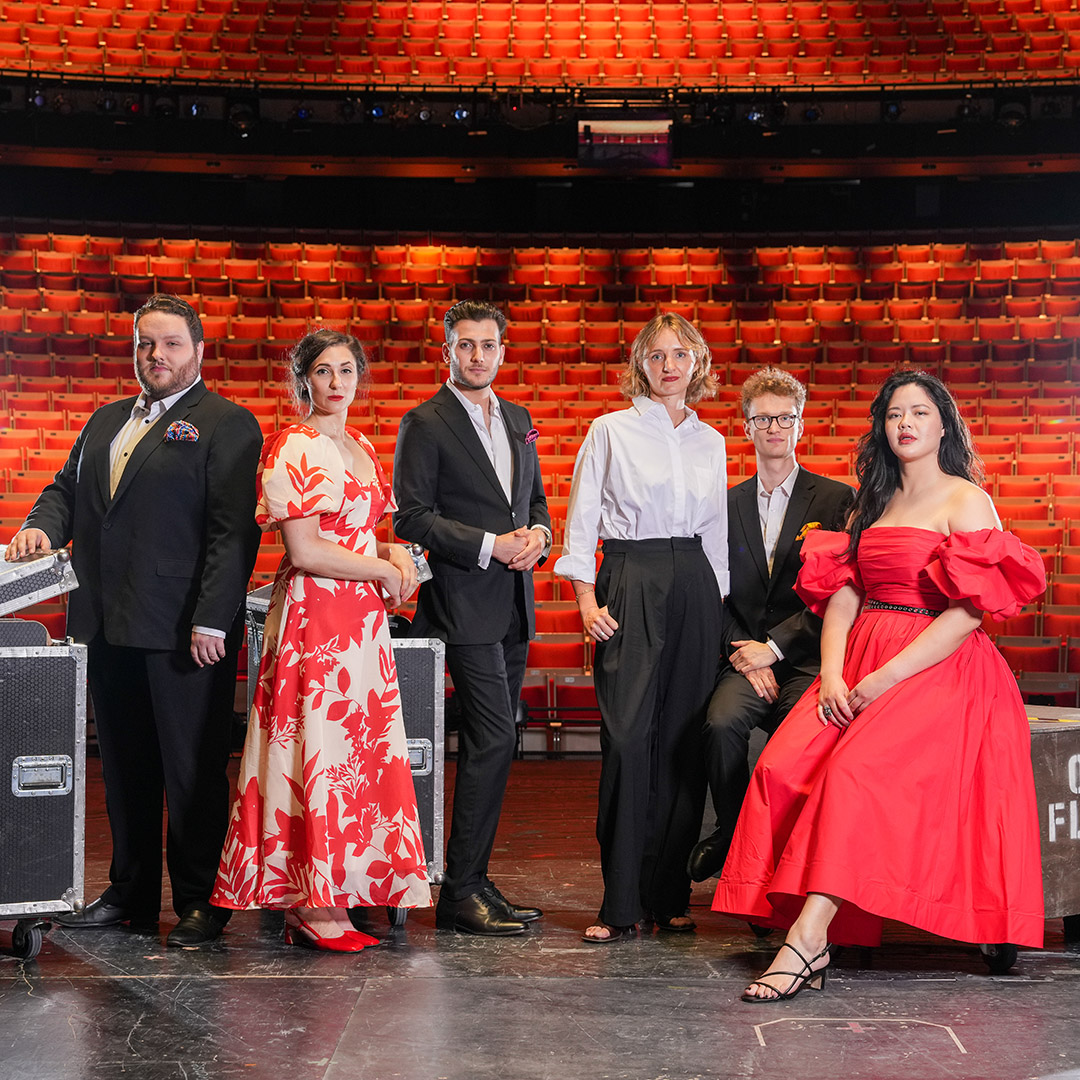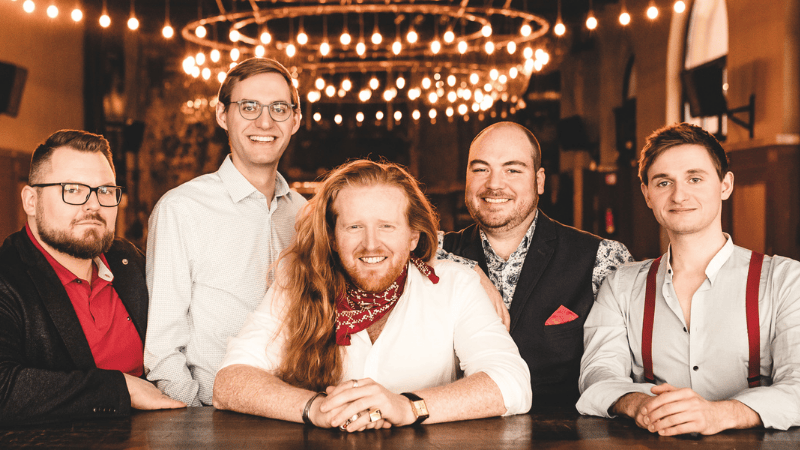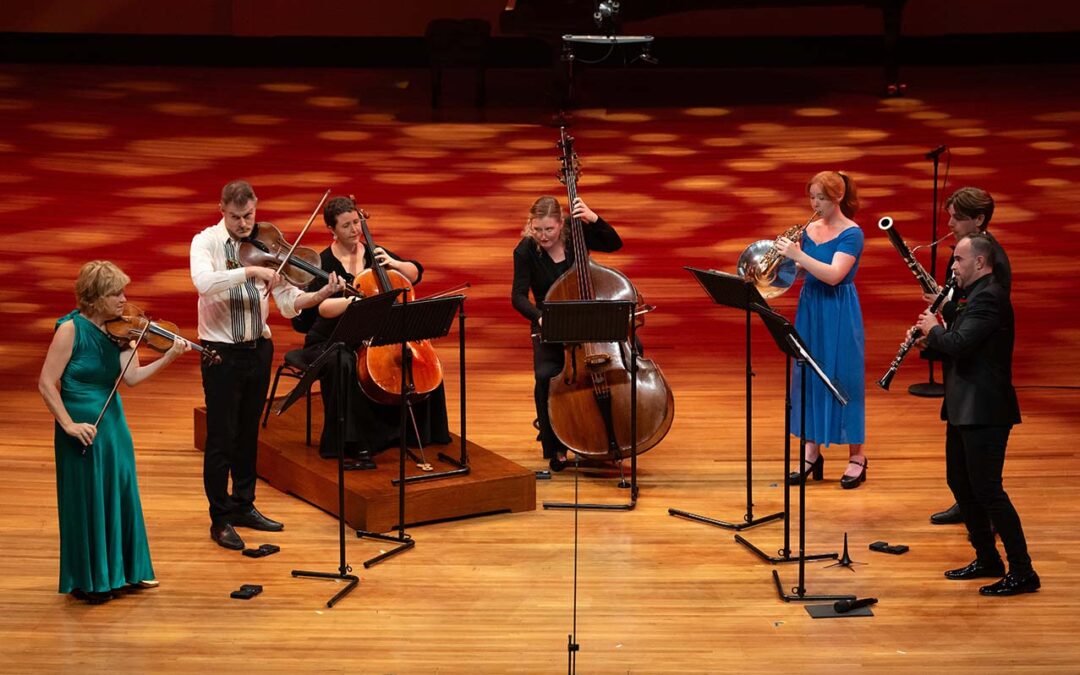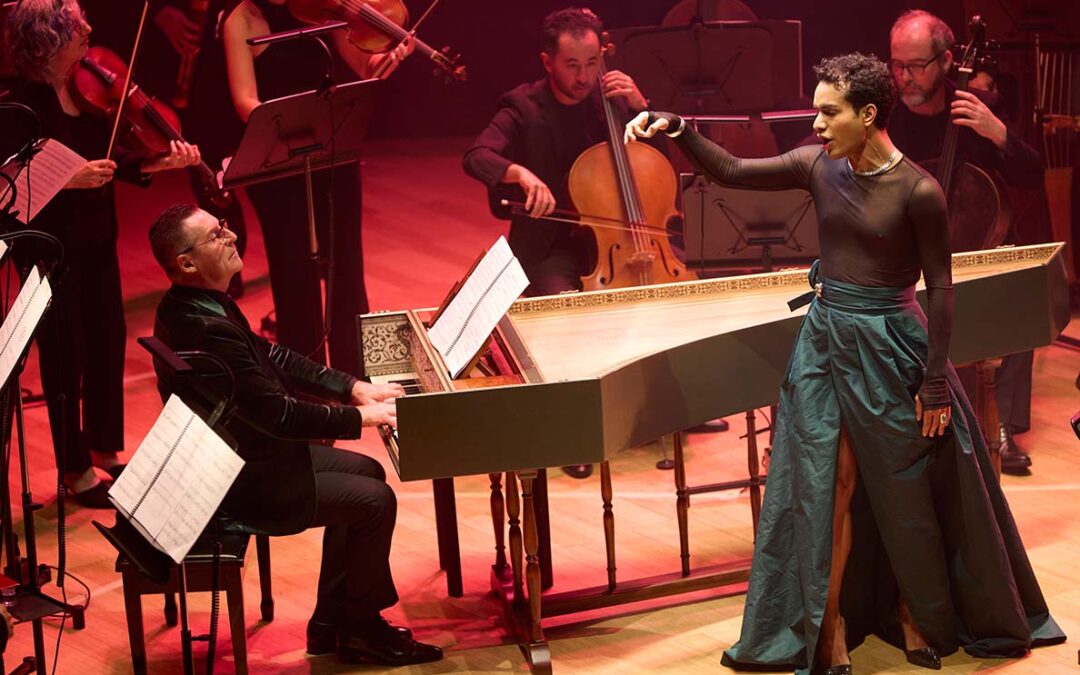Ahead of Leichhardt Espresso Chorus’s 21st birthday celebration, Messiah Reimagined, classikON’s Phillipa spoke to the group’s founder and Artistic Director, Michelle Leonard OAM, about her vision for the 2019 transformation of the Messiah, the composers’ design brief, and the power of arts organisations to facilitate conversations about contemporary issues facing Australia.
The Leichhardt Espresso Chorus describe themselves as “a vibrant, enthusiastic group of community members who love to sing and make music”. Based in Sydney’s inner west, the group comprises more than 80 people from all walks of life and musical backgrounds. The group actively champion new Australian music, commissioning, co-commissioning and premiering upwards of 100 works,some of which have been nominated for APRA AMCOS Art Music Awards. As Michelle says, Leichhardt Espresso Chorus is “an incredibly unique and generous organisation that really work very hard to breathe life into new Australian music, and then also to give it a life beyond one performance. They work with the composers to create audiences, as well, for music that isn’t just ‘dead white male’.”
It was only natural, then, that for Messiah Reimagined, Michelle wanted to work with 25 Australian “composers with whom the Leichhardt Espresso Chorus and myself had had a relationship over the course of our history” to reimagine Handel’s iconic work, not only for the Leichhardt Espresso Chorus’s 21st birthday, but indeed, for the 21st century.
Before approaching each of the composers, Michelle “thought very hard about what things really seemed to ignite their artistic passion and what I knew about them as composers and as people, and then set about pairing what gave them joy with a movement from the Messiah which I thought would potentially provide them with the best artistic vehicle to express what they would naturally want to say”.
The thread throughout the body of work is the way in which Michelle “curated the relationship” she asked the composer to have with the text or piece of music she chose for them, but beyond that, the sky was the limit! Michelle marvels that “the genius of the composers is how they then articulate the energy or artistic intent that I asked for”. She admits that this element of not knowing what each composer would come up with made the undertaking a big risk, but having worked with each of them before, she knows them, and “trusts their musicianship, and their generosity to write for what is ostensibly a non-auditioned community choir”. And yet, this is also what makes the project so fulfilling for Michelle: seeing each individual work take its place as part of the whole, and yet “still maintaining the structural integrity of the original Messiah”.
In addition to the reimagining of the music itself, Messiah Reimagined will see the Leichhardt Espresso Chorus augmented by additional choristers, including a children’s choir, as well incorporating percussion and a saxophone quartet into the chamber orchestra which will accompany the choir. Solo soprano Anna Fraser will also be “in full flight delivering biting politically relevant almost cabaret-style commentary throughout the concert”.
Having all started with a similar compositional brief and inspiration, Messiah Reimagined really showcases each composer’s personal style through the way in which they have chosen to interpret and transform the stimulus of Messiah, not only musically, but also thematically: many of the works make a statement about contemporary societal and environmental issues, both in Australia and worldwide. Through their reimaginings of the Messiah, the participating composers have brought the mighty oratorio firmly into 2019, by “saying something that gives meaning to what it feels like to live in Australia at this time. What is it that helps us make the decisions about the sort of future we wish to have? What do we want our legacy for the next generations to be? Messiah Reimagined goes somewhere towards having that conversation – or starting it, at least!”
Just some of the contemporary issues highlighted in the program range from the global refugee crisis and those detained on Manus Island; 2017’s marriage equality vote; and Indigenous astronomy. Also tackled is the topic of the climate crisis, “our relationship to Mother Earth, and indeed our mothers and the women in our lives”. Other composers in the line-up took the opportunity to create “deeply beautiful music about peace and our connection to each other to make it a world worth living in”.
Michelle believes that “it’s a wonderful time for leaders in the various arts sectors, but particularly in music, to instigate the conversations about national identity, who we are, and what the concerns are. We can use performance and our ability to connect with people with their heart as well as their head to start the conversations that, as a country, we need to start. Arts organisations have more power to do that than we give ourselves credit for, and more influence to change the course of who we are and what we wish to be. I think there’s a real opportunity for truth-telling and bravery, and that’s what I’m very pleased to lead with the Leichhardt Espresso Chorus and Messiah Reimagined.”
Of the end product that is Messiah Reimagined, Michelle says, “I’m really happy with it, and if you’re a Messiah-head, you’ll find it witty, intelligent and possibly gut-wrenching and uplifting – all at the same time. I hope the audience will go through all the emotions!”
You can catch the Leichhardt Espresso Chorus’s Messiah Reimagined at the City Recital Hall on Friday 11th October, 7pm.


